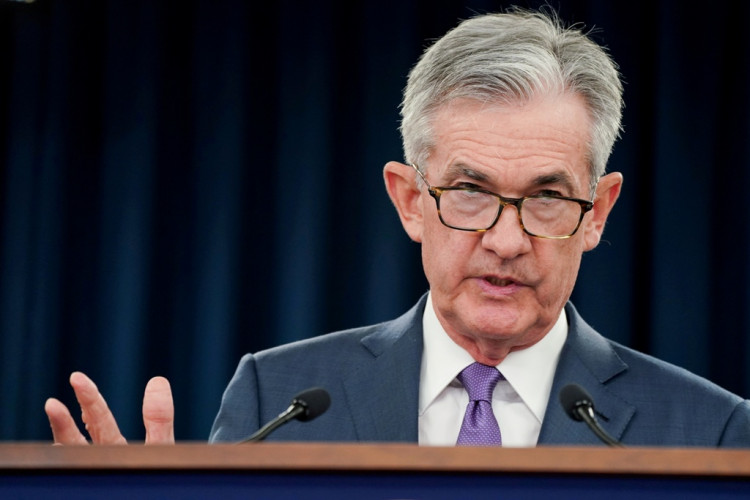The U.S. Federal Reserve will continue to shore-up the crippled U.S. economy and still vows to keep interest rates super-low until at least 2023 while committing to more asset purchases in 2021.
In its just-released November monetary policy statement, the Fed also said the COVID-19 pandemic will continue weighing on the economy in the short term.
"The ongoing public health crisis will continue to weigh on economic activity, employment, and inflation in the near term, and poses considerable risks to the economic outlook over the medium term," said the Fed.
The Fed slashed interest rates to near zero in March due to the huge economic damage being wrought by the pandemic. In an emergency response on March 15, the Fed announced a reduction in its benchmark interest rate to zero.
It also announced the launch of a new round of quantitative easing entailing $700 billion worth of asset purchases involving Treasurys and mortgage-backed securities.
Since March, the Fed has launched various lending facilities to keep the recovery from running out of steam. Fed officials in September said they expect to keep interest rates on hold through 2023.
Starting November, the Fed committed to more asset purchases at the current pace of $80 billion Treasury securities and $40 billion agency mortgage-backed securities per month.
Last week, the Fed reduced the minimum amounts for loans from its Main Street Lending Facility designed to help small businesses survive the pandemic crisis. Main Street loans can now be as small as $100,000 compared with the previous minimum of $250,000. Fees for the loans were also cut.
Fed chairman Jerome Powell said designing lending facilities to respond to the crisis is a complex task and warned some mistakes might be made. Powell on Thursday again appealed for the federal government to pass a new stimulus bill to help struggling American families and businesses fend off the worst of the pandemic's destructive economic effects.
"We'll have a stronger recovery if we can at least get some fiscal support," according to Powell.
"Economic dislocation has upended many lives and left significant uncertainty for the future."
He also emphasized the huge importance of health care in overcoming the pandemic and its severe economic impacts. He said vaccines, therapeutics, and measures to control the spread of the disease are "absolutely critical to the economy," especially as cases continue to climb in the United States.
The U.S. reported 125,600 new coronavirus cases Friday, the third straight day where new cases stood above 100,000. The 125,600 new cases is a new record.






